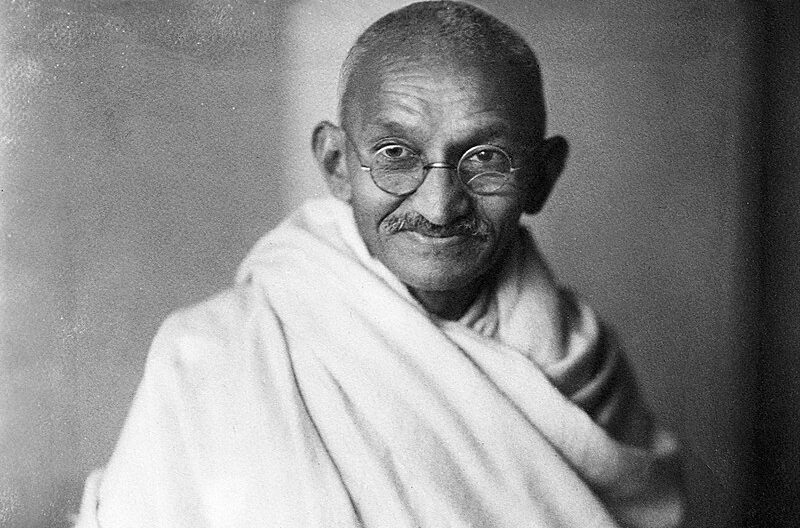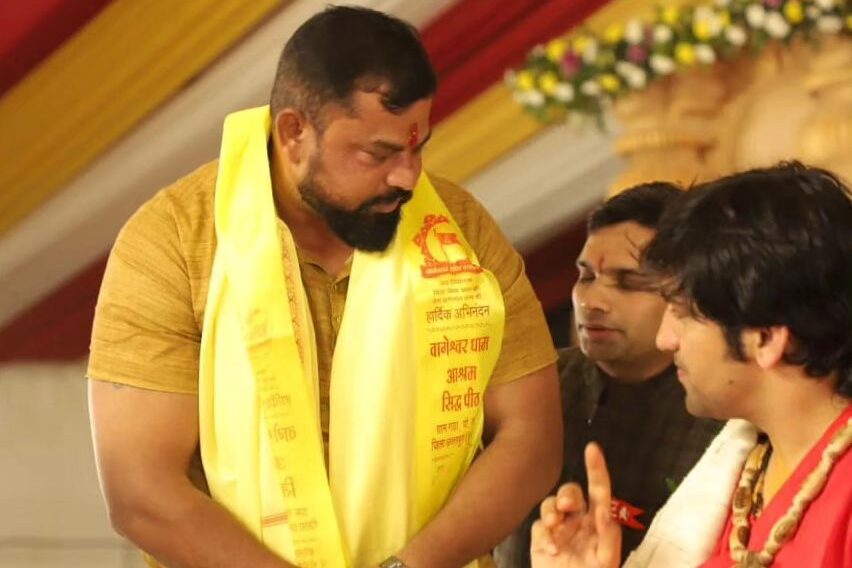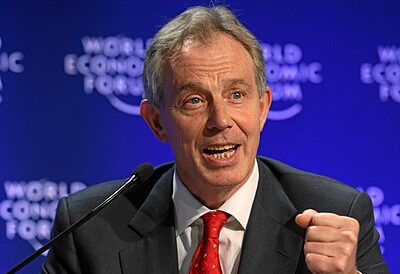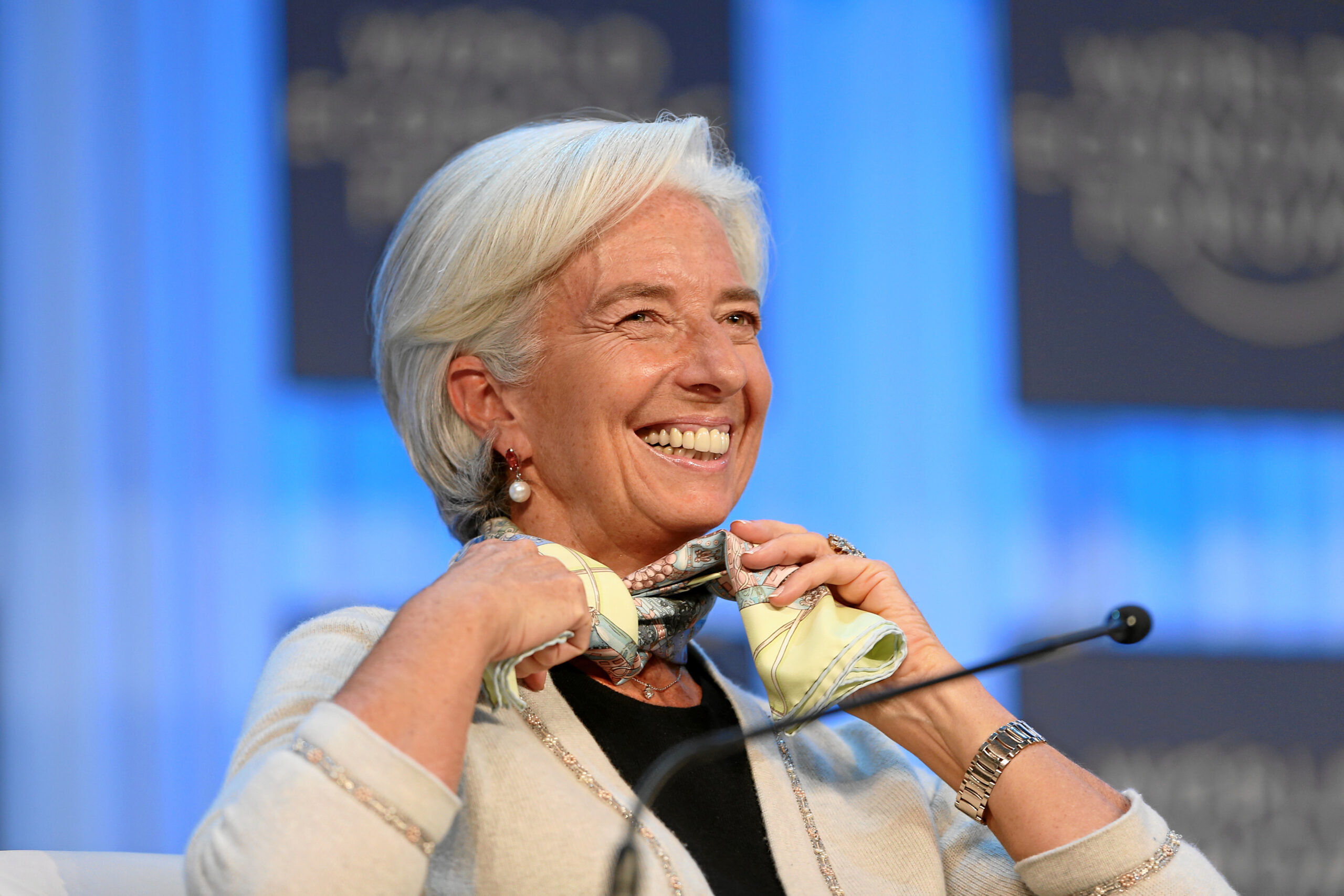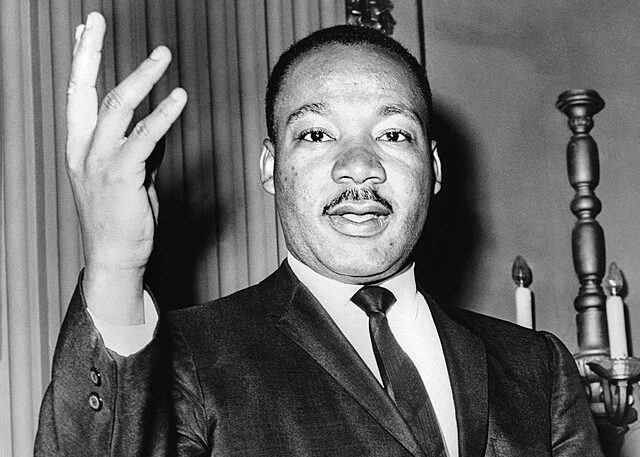Mahatma Gandhi, the emblematic leader of the Indian independence movement and a proponent of non-violence and civil disobedience, is unequivocally one of the most venerated figures in the annals of history. Yet, throughout his lifetime, Gandhi encountered several controversies, criticisms, and fervent debates surrounding his actions, beliefs, and decisions. Let us delve into ten notable controversies associated with the great Mahatma Gandhi, each shaping his enigmatic legacy.
Use of Non-Violence in Indian Independence Movement: At the crux of Gandhi’s approach to liberation was his profound belief in non-violence, a principle he ardently wielded as a strategic weapon in the Indian independence movement. However, some critics deemed non-violence impractical and ineffective against the formidable British colonial rulers, advocating instead for a more assertive and combative stance.
Communal Politics and the Khilafat Movement: During the Khilafat Movement, Gandhi aligned with Muslim leaders to champion the restoration of the Ottoman Caliphate. Yet, this collaboration with the Muslim League and the Khilafat Movement invited censure from Hindu nationalist groups, who accused Gandhi of indulging in communal politics.
Opposition to Modernization: Gandhi’s advocacy for austere living and self-reliance drew scrutiny, with critics asserting that his views opposed modernization and industrialization—essential components for India’s progress and development.
Caste System and Untouchability: While Gandhi vehemently spoke against the caste system and untouchability, he was subject to criticism for not adopting a more radical approach in eradicating these deeply entrenched social evils from Indian society.
Hindu-Muslim Relations and Partition of India: Gandhi’s indefatigable efforts to foster harmony between Hindus and Muslims encountered only partial success, and his inability to avert the partition of India in 1947 prompted reproach from various quarters.
Women’s Rights and Gender Equality: While advocating for women’s rights and their active participation in the independence movement, Gandhi’s views on gender roles and the role of women in society came under fire, with some perceiving them as conservative and not fully supportive of gender equality.
Criticism from Ambedkar and the Dalit Community: B.R. Ambedkar, a distinguished leader and social reformer, criticized Gandhi for what he perceived as Gandhi’s insufficient efforts in uplifting the marginalized Dalit community and for his approach towards untouchability.
Boycott of Western Goods: Gandhi’s impassioned call for boycotting Western goods in favor of promoting Indian self-reliance met opposition from detractors who argued that such measures were detrimental to Indian industries and economic progress.
Critique from Subhas Chandra Bose and the Indian National Army (INA): Gandhi’s unwavering commitment to non-violence clashed with the vehement stance of Subhas Chandra Bose, who led the Indian National Army (INA) advocating armed resistance against the British.
Relationship with Hermann Kallenbach: Gandhi’s close association with Hermann Kallenbach, a German-Jewish architect, raised eyebrows, and critics insinuated that their friendship extended beyond the realms of platonic camaraderie.
To grasp the full essence of these controversies, it is paramount to contextualize them within the intricate and multifaceted historical, social, and political milieu of India during Gandhi’s era. While his pivotal role in India’s independence commands unequivocal admiration, the manifold facets of his actions and beliefs continue to provoke profound scrutiny and rigorous analysis. In essence, Mahatma Gandhi’s life and legacy endure as an inexhaustible source of intrigue, inspiration, and contemplation for historians, scholars, and the global populace alike.
